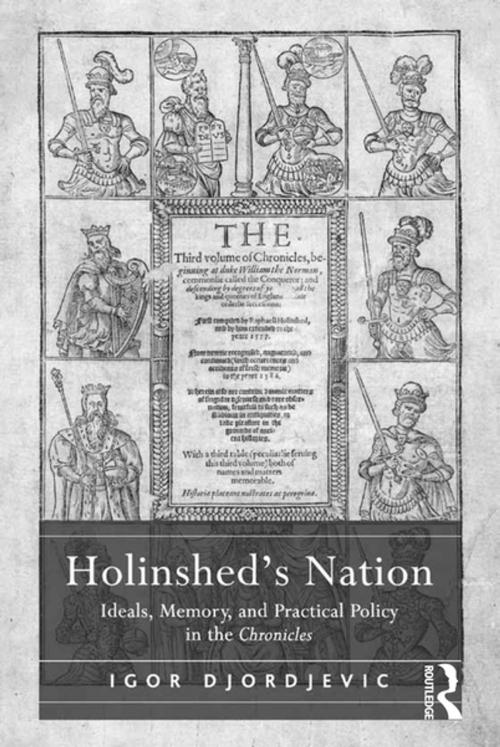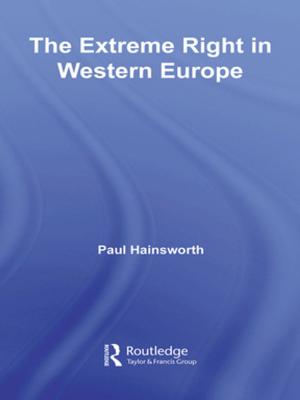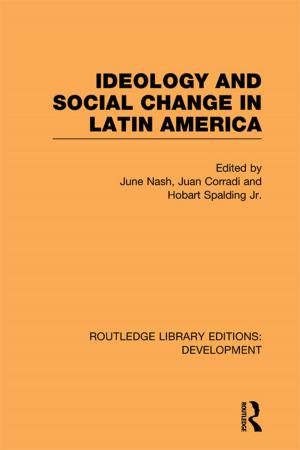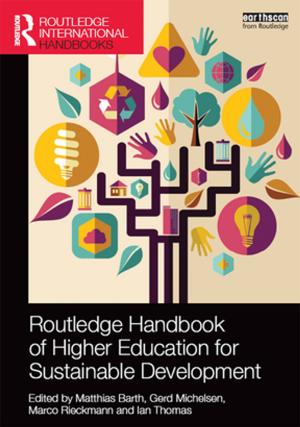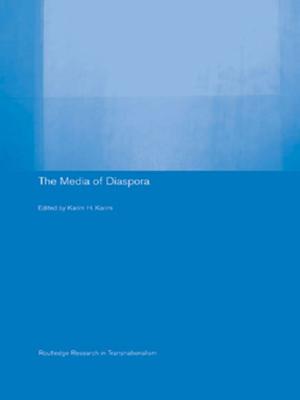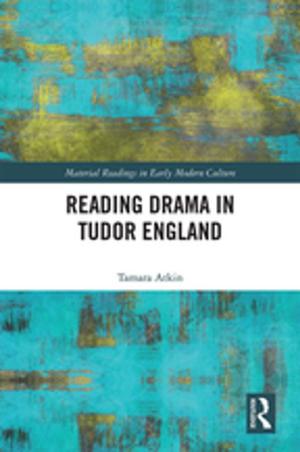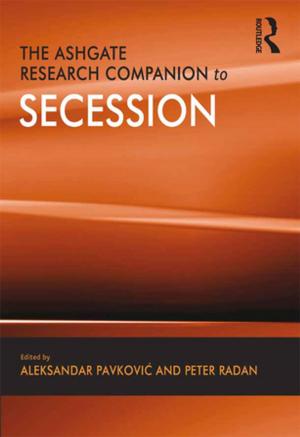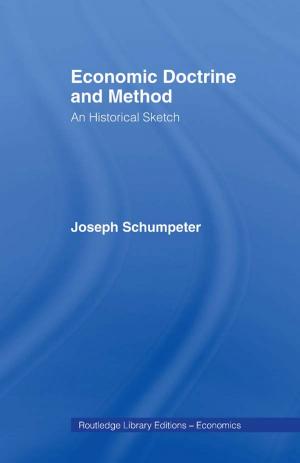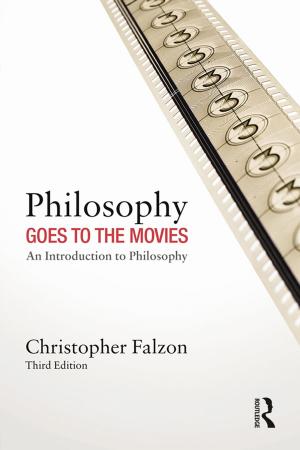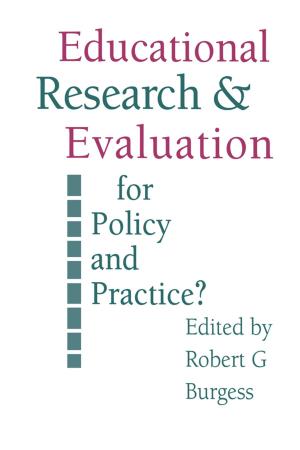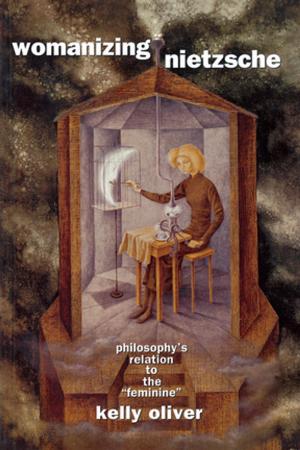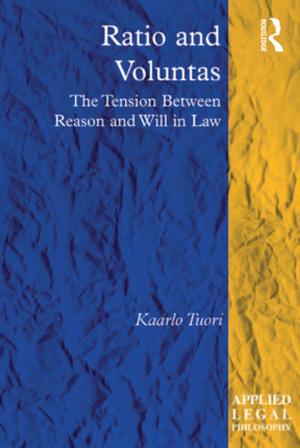Holinshed's Nation
Ideals, Memory, and Practical Policy in the Chronicles
Fiction & Literature, Literary Theory & Criticism| Author: | Igor Djordjevic | ISBN: | 9781317121442 |
| Publisher: | Taylor and Francis | Publication: | April 29, 2016 |
| Imprint: | Routledge | Language: | English |
| Author: | Igor Djordjevic |
| ISBN: | 9781317121442 |
| Publisher: | Taylor and Francis |
| Publication: | April 29, 2016 |
| Imprint: | Routledge |
| Language: | English |
Raphael Holinshed's account of English history from 1377-1485 in the Chronicles of England, Scotland, and Ireland is most well-known as the source of Shakespeare's English history plays. Although the Chronicles are widely read and studied, published scholarly opinion, with a few exceptions, has been limited to the discipline of history. This book explores the historiographic materials of the Chronicles through a literary lens, focusing on how Renaissance men and women read historical texts, framed by these questions: How did Holinshed understand and view history? What were his motives in composing the Chronicles? What did sixteenth- and seventeenth-century English readers learn from the work? Igor Djordjevic explores both the lexical and semantic dimensions as well as lessons in both foreign and domestic policy in the 1577 and 1587 texts and in writers who used or appropriated the Chronicles, including Shakespeare, Daniel, Heywood, and Milton. This study revaluates our understanding of Renaissance chronicle history and the impact of Holinshed on Tudor, Jacobean, and Caroline political discourse; the Chronicles emerge not as a series of rambling, digressive episodes characteristic to a dying medieval genre, but as the preserver of national memory, the teacher of prudent policy, and a builder of the commonwealth ideal.
Raphael Holinshed's account of English history from 1377-1485 in the Chronicles of England, Scotland, and Ireland is most well-known as the source of Shakespeare's English history plays. Although the Chronicles are widely read and studied, published scholarly opinion, with a few exceptions, has been limited to the discipline of history. This book explores the historiographic materials of the Chronicles through a literary lens, focusing on how Renaissance men and women read historical texts, framed by these questions: How did Holinshed understand and view history? What were his motives in composing the Chronicles? What did sixteenth- and seventeenth-century English readers learn from the work? Igor Djordjevic explores both the lexical and semantic dimensions as well as lessons in both foreign and domestic policy in the 1577 and 1587 texts and in writers who used or appropriated the Chronicles, including Shakespeare, Daniel, Heywood, and Milton. This study revaluates our understanding of Renaissance chronicle history and the impact of Holinshed on Tudor, Jacobean, and Caroline political discourse; the Chronicles emerge not as a series of rambling, digressive episodes characteristic to a dying medieval genre, but as the preserver of national memory, the teacher of prudent policy, and a builder of the commonwealth ideal.
